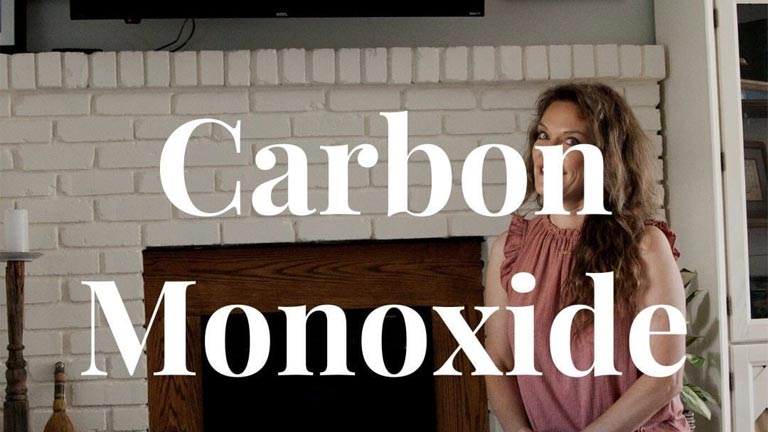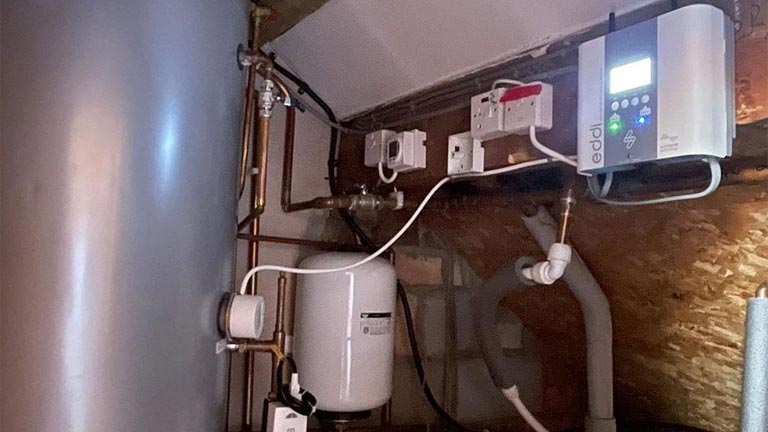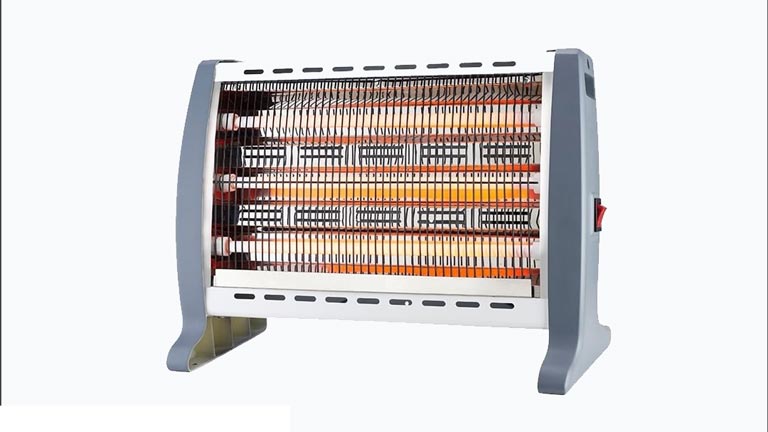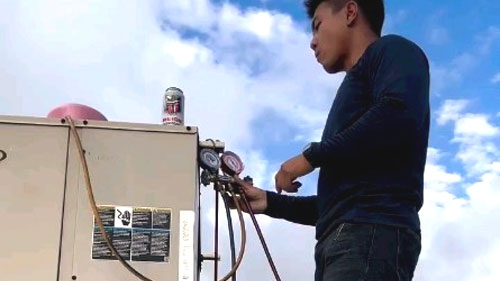
Many homes use gas boilers for heating. Even though they are relatively safe when used properly, gas boilers can produce carbon monoxide under certain conditions. Carbon monoxide is extremely serious because numerous people die every year from leaks associated with gas boilers. It is odourless and colourless so no one would know they are being poisoned if there is a leak in their home. This article looks at everything homeowners who use gas boilers should know about them and how to prevent carbon monoxide poisoning.
What is Carbon Monoxide?
Carbon monoxide is a by-product of incomplete combustion. A gas boiler should produce carbon dioxide if it is functioning properly, with this gas flowing into the atmosphere. However, it can produce extremely dangerous carbon monoxide. Carbon monoxide poisoning occurs when there are high enough concentrations of the gas in the air. When inhaled, it replaces oxygen in the red blood cells with deadly consequences.
How to Know If You Have a Carbon Dioxide Leak
The best way to know if you have a leak is by getting a carbon monoxide detector. These are relatively inexpensive compared to the consequences of not getting them. You could also have a leak if the boiler struggles to stay alight. In such a case, the gas boiler will need to be serviced. You can contact professionals who provide a gas boiler service in Bristol to check it and repair it.
Other signs of a carbon monoxide leak include lots of condensation on your windows and dark stains (soot) around the boiler.
Proper Installation Can Prevent a Carbon Monoxide Leak
Although many people think only old gas boilers lead to this issue, that is not always right. New gas boilers can do the same if not installed correctly. The best way to avoid this is to get a boiler specialist in Bristol to install it for you.
Going for a reputable boiler brand that also offers installation services can also help prevent leaks. If you do not know how to choose the best model, talk to professionals who provide gas boiler services in Bristol as they work with these boilers every day. For this reason, they are the best people to ask for advice regarding what boiler to choose.
Preventing Carbon Monoxide Poisoning
In addition to using a professional who offers agas and boiler service, you can take other measures to prevent poisoning. First, you should ensure the boiler room is well-ventilated if your boiler is located indoors. Check the ventilation often and ensure strong ventilation at all times.
Second, you should know how to recognise the signs of carbon monoxide poisoning. These include shortness of breath, nausea, headaches, dizziness, and loss of consciousness. You should provide as much clean air as possible if you notice these symptoms in yourself or someone else.
Carbon monoxide is extremely dangerous and can leak in homes that use gas boilers. All homeowners who use a boiler must ensure proper installation and regular servicing. They should also know how to identify carbon monoxide poisoning to help themselves and other affected parties in case of a leak.




